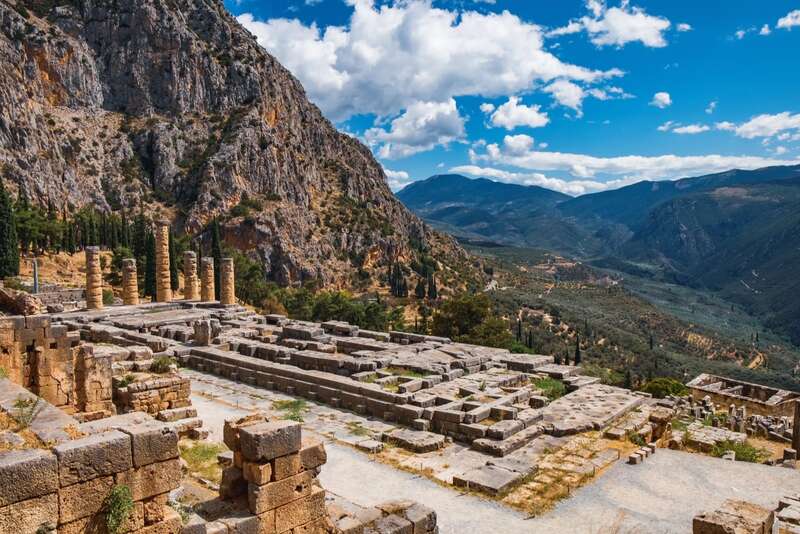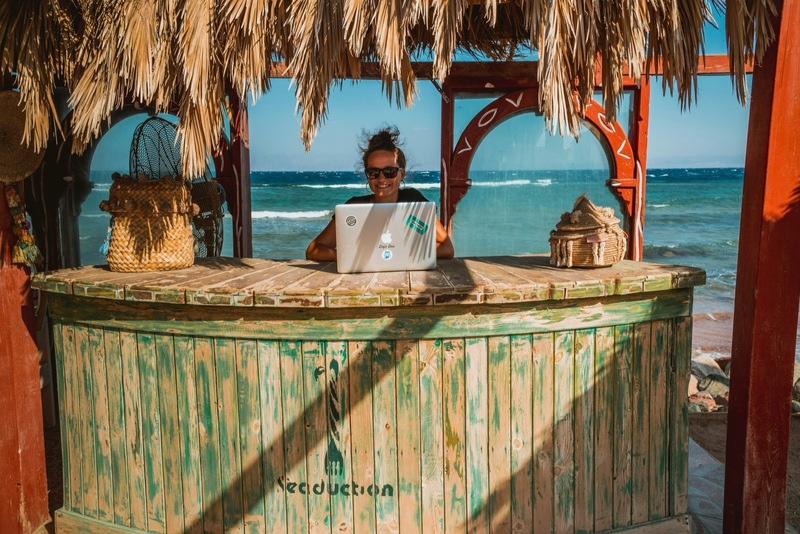Imagine trading a life cluttered with possessions for a backpack.
You replace your daily routine with an ever-changing itinerary and substitute a steady paycheck for a fluctuating travel budget. This is the reality for long-term travelers, a brave cohort who embrace the unknown. In doing so, they unwittingly enroll in an intensive, real-world course in financial management.

It may be why they earn more than the average traveler. One study found that international travelers have a higher average household income. Nearly 30 percent of them have over 30 days available for leisure travel. These travelers are likelier to have a full-time job, suggesting more significant financial and lifestyle stability.
However, the recovery of tourism is still hindered by economic challenges. Factors like high inflation and rising oil prices increase transport and accommodation costs. This economic climate is causing tourists to seek more value for money and opt for destinations closer to home.
Far from the predictable confines of a nine-to-five life, these modern-day explorers encounter many economic environments. Each offers unique lessons about the value of money, the art of budgeting, and the true meaning of wealth.
What Long-Term Travel Teaches About Finances

When individuals leave their comfort zones and embark on extended journeys, they discover new cultures and landscapes. These experiences expose them to various financial scenarios that challenge and expand their understanding of money management.
Embracing experiential value over material wealth
The first and perhaps most profound shift occurs in the traveler's value system. Long-term travelers, moving from one destination to another, carrying only the essentials, experience a paradigm shift. They start valuing experiences – a sunset, a street food tour, or a conversation with a local – over material possessions.
This realization often changes spending habits, prioritizing experiences that enrich the soul rather than possessions that fill the home. Research found that spending money on experiences rather than material possessions leads to greater and more immediate happiness.
When one is happy, adopting more sustainable financial habits is more manageable. They learn to find joy and satisfaction in what they do rather than what they own.
Mastering budgeting and financial planning
Traveling for extended periods requires meticulous financial planning and budgeting. Travelers learn to allocate resources for different phases of their journey, track daily expenses, and adjust plans according to their budget.
This hands-on experience with budget management is invaluable, teaching skills highly transferable to managing personal finances in regular life. The discipline of living within a budget on the road can lead to more responsible and informed financial decisions back home.
Learning the relative value of money
As travelers navigate countries with varying economic standards, they gain a profound understanding of the relative value of money. They learn how a dollar can stretch in one country but barely cover a cup of coffee in another.
This exposure instills a deep appreciation for economic diversity, often leading to more thoughtful spending and saving decisions. It's a practical lesson in global economics, experienced first-hand rather than learned from a textbook.
Adopting the minimalist approach and simplified living
Long-term travel naturally fosters a minimalist lifestyle. Limited by luggage size, travelers learn to differentiate between what they need and what they can do without. This minimalist approach often spills over into life post-travel, leading to a preference for a simpler, less cluttered lifestyle.
Realizing one can live happily with fewer possessions can be liberating and financially beneficial. It reduces the urge for unnecessary spending.
Developing cost-effective habits
Out of necessity, travelers often become experts at stretching their dollars. They learn to dine where locals eat, use public transport, and find accommodations that offer the best value for money.
These cost-effective habits, born out of necessity on the road, are skills that are highly beneficial in everyday life. The savvy in finding value-for-money deals and distinguishing between cost and worth are financial skills. These practices can serve them well in all aspects of life.
Working toward financial independence and passive income
The freedom experienced during long-term travel frequently ignites a desire for financial independence. Many travelers, inspired by the flexibility of their nomadic lifestyle, explore passive income streams or remote working opportunities. They know they can open an online brokerage account to manage their investments remotely.
This pursuit often leads to innovative financial strategies and a focus on creating a lifestyle that balances work and leisure.
Adapting to economic fluctuations
Long-term travel is often a dance with economic unpredictability. Dealing with fluctuating exchange rates and varying living costs, travelers learn to be financially adaptable.
This skill, honed on the road, is invaluable in personal finance management, especially in a global economy characterized by constant change.
Experience the Lasting Impact of Travel on Financial Wisdom

Long-term travel offers more than just a break from the mundane. It provides a comprehensive education in personal finance management. The lessons learned on the road culminate in a holistic understanding of what true wealth means.
Travelers return with memories and photographs and a renewed perspective on finances. They become far more equipped with skills and insights that empower them to make wiser financial decisions in all facets of life.
Long-term travel doesn't just change where one goes. It fundamentally transforms how one views and interacts with the world of finance.













Write Your Comment
Please DO NOT include links, URLs or HTML in your comments - they will be automated deleted and you will waste your time.